There’s something unmistakable about walking into an Emirati home — a warm embrace of oud, amber, and rosewood lingering in the air. It’s not a coincidence. Bakhoor and perfume are more than scents here — they are rituals, identity, and hospitality woven into daily life.
In a world of plug-in diffusers and synthetic room sprays, Emiratis continue to honor the age-old art of burning bakhoor, blending perfumes, and scenting their homes with intention. Whether it’s Eid, Friday prayer, or just a casual guest visit, scent is not optional — it’s expected.
Let’s explore how bakhoor and perfume shape the sensory soul of UAE households, and why this tradition continues to thrive in modern times.
A Tradition Rooted in Faith, Hospitality, and Identity
Scent has always held significance in Islam. The Prophet Muhammad (PBUH) loved fragrances, and burning incense like bakhoor is not just aromatic — it’s spiritual.
In Emirati homes, bakhoor is:
-
Used before Jumu’ah prayers, weddings, and special guests
-
Offered as a sign of respect and hospitality
-
Believed to purify the home and elevate mood
-
A symbol of status and elegance
Pair this with finely crafted Arabic perfumes, and you get a complete olfactory expression of pride, heritage, and warmth.
check Out Why perfume is the part of every Eid Gift In UAE
What Exactly is Bakhoor?
Bakhoor is a mix of natural wood chips (usually agarwood or sandalwood) soaked in essential oils, resins, and floral extracts. It’s slowly burned over charcoal or electric burners to release a long-lasting aroma.
Popular variants in the UAE include:
-
Oud Bakhoor – Rich, smoky, and luxurious
-
Floral Bakhoor – Rose, jasmine, and saffron blends
-
Amber and Musk Bakhoor – For grounding and earthy warmth
Daily Uses of Bakhoor in UAE Homes
Here’s how bakhoor is integrated into the daily rhythm of Emirati life:
| Occasion | How Bakhoor Is Used |
|---|---|
| Welcoming guests | Burned in the majlis as a gesture of hospitality |
| Eid & weddings | Part of gift hampers and home prep rituals |
| Prayer time | Creates a peaceful, spiritual atmosphere |
| Perfuming clothes | Cloaks and abayas waved over the smoke for long-lasting scent |
| Mood lifting | Used as aromatherapy to reduce stress and enhance comfort |
Perfume as a Personal & Home Statement
In UAE homes, perfume is not limited to bodies — it’s used on fabrics, furniture, curtains, and even in air fresheners.
Popular types of perfume for home use include:
-
Mukhamaria (solid perfume paste) for clothes and hair
-
Perfume sprays for linen and cushions
-
Oil-based attars for long-lasting effect in humid or dry weather
It’s a multisensory strategy — combining bakhoor for the air and perfume for personal scent layering.
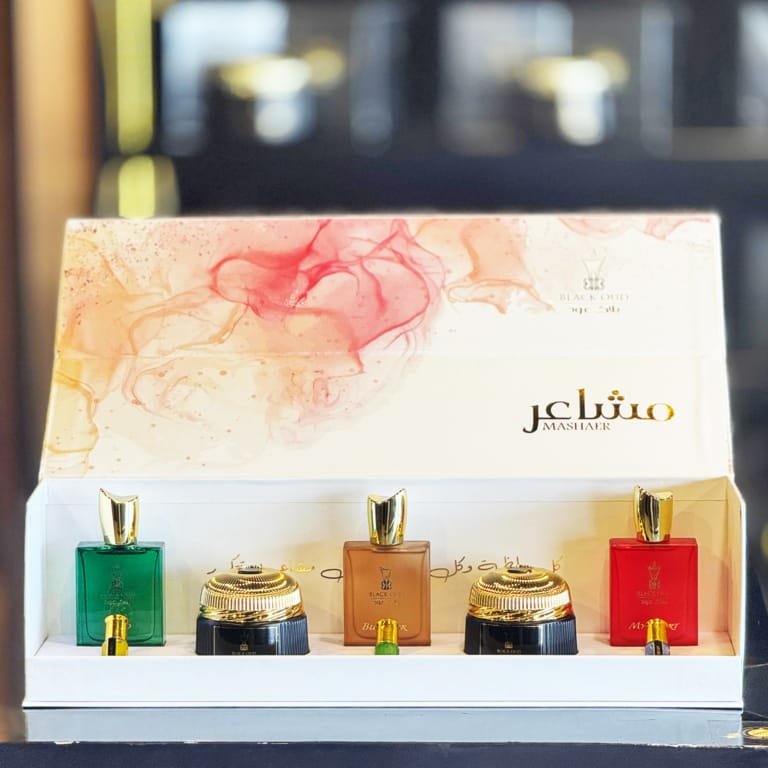
Where to Buy Bakhoor and Perfume in UAE
While traditional souqs remain iconic, more locals are now shopping bakhoor and perfume online. Trusted e-commerce platforms in UAE offer:
-
Artisanal Emirati bakhoor brands
-
Bundle kits with burners, oud chips, and oils
-
Personalized perfume oils
-
Quick delivery options across all Emirates
If you’re looking to create a lasting first impression, your home should smell like it. And nothing speaks louder than well-chosen bakhoor and perfume.
Final Word: Scent Is the Silent Language of Emirati Hospitality
In the UAE, scent isn’t just about smelling good — it’s about feeling good, honoring tradition, and elevating the space around you. Bakhoor and perfumes carry memories, tell stories, and create deep emotional associations.
Next time you visit an Emirati home and feel welcomed before a single word is spoken — you’ll know why.
Check Out Cultural Scent Secrets of Middle East
FAQ’s
What is bakhoor and how is it used in the UAE?
Bakhoor is a traditional incense made of perfumed wood chips, burned to scent homes, clothes, and create a spiritual ambiance.
Where can I buy bakhoor in the UAE?
High-quality bakhoor is available both in traditional markets and via e-commerce perfume shops with fast delivery and gift options.
Why do Emiratis use perfume and bakhoor daily?
It’s part of cultural etiquette, Islamic tradition, and personal hygiene. Scenting is seen as respectful, spiritual, and uplifting.





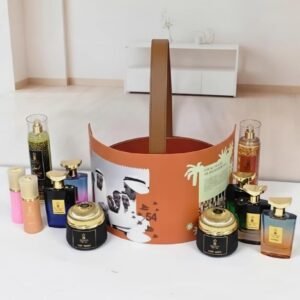
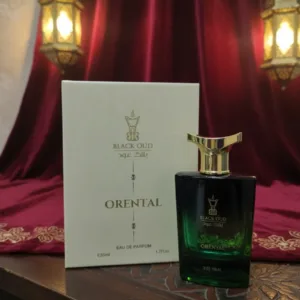
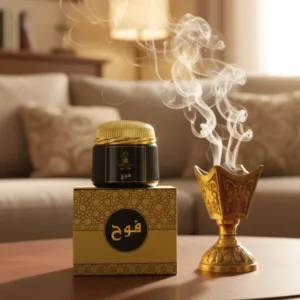
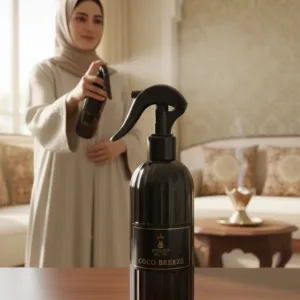
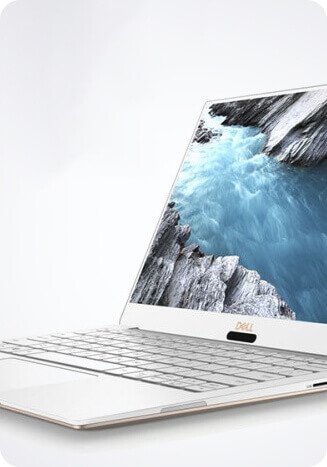
Add comment